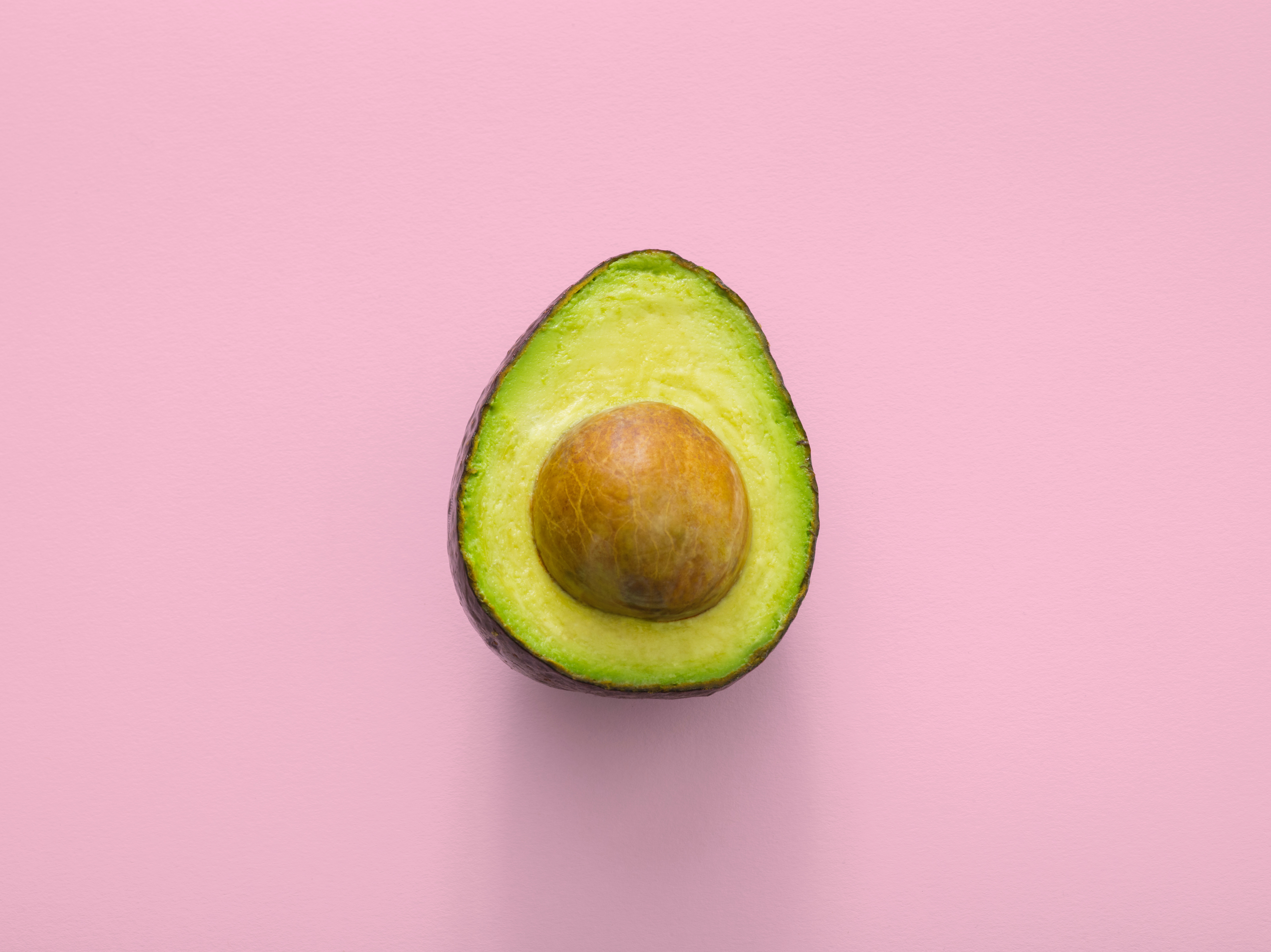
The miracle of tartness
The fruit of rowans (or mountain ashes) – tart, sour, slightly bitter. I add a tablespoon of orange-coloured preserve to the steaming tea. I need to sweeten it because the tartness and bitterness dominate the taste.
First, there are pinnate leaves, then foam-like flowers, and between summer and winter – red, beady fruit hangs on the branches. Apart from rowan with its scarlet berries, loved by birds, there are other varieties of this species. The fruit of the mountain ash found in Moravia contains a lot of vitamin C and is less bitter than other rowans. For gourmets, the tastiest variety is S. aucuparia Edulis, with larger and sweeter fruits that grow in heavy clusters.
Their quality improves after the first frost. Due to their high sorbine content, which is responsible for the bitter and tart taste of the fruit, they are not eaten raw, but need to be processed. Parasorbic acid is toxic – it can cause food poisoning in the form of diarrhoea and vomiting. Once cooked, mountain ash is our local source of vitamin C (35–45 milligrams per 100 grams, which is comparable to citrus) and beta-carotene. It also contains B vitamins, Vitamin K, niacin, potassium, sodium, magnesium and copper, as well as organic acids, anthocyanins and flavonoids. During periods of hunger, dried and ground berries were eaten instead of bread. Recently, it has been proven





